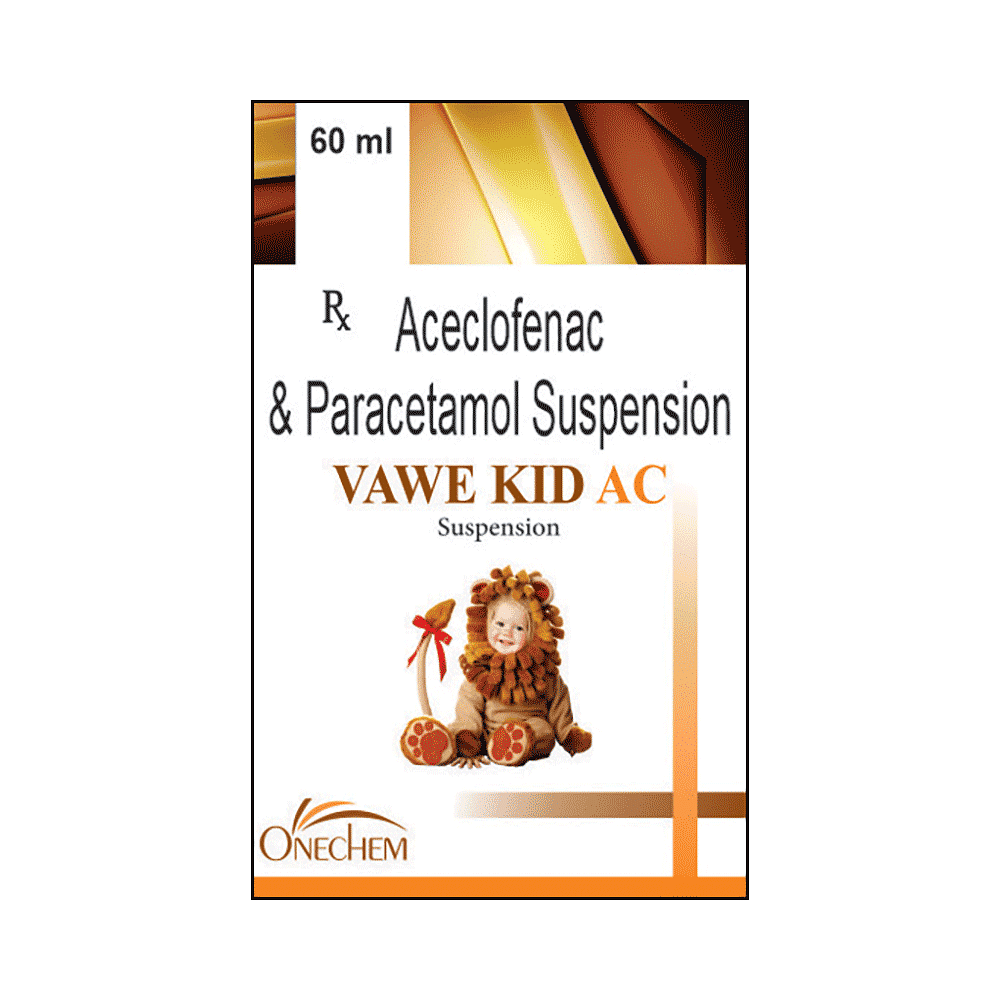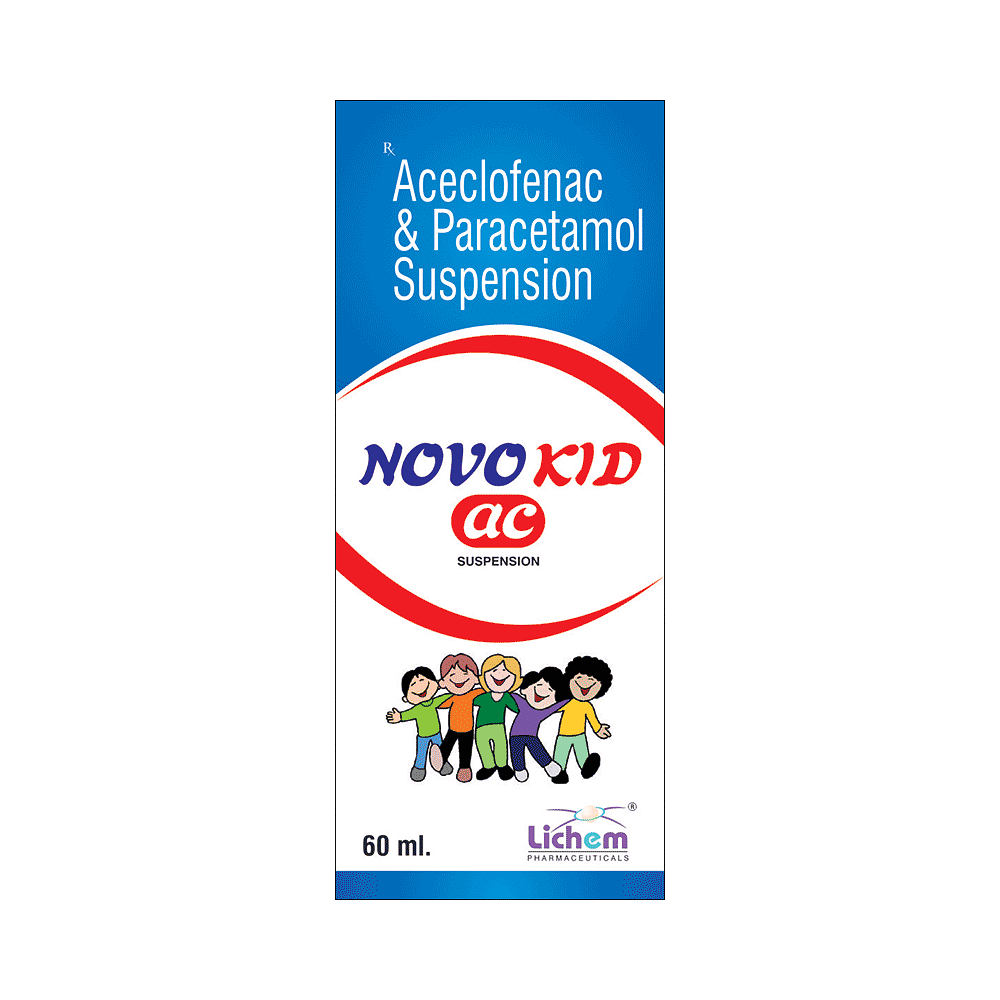
Gesipara Oral Suspension
Manufacturer
Veecube Healthcare Pvt Ltd
Salt Composition
Aceclofenac (50mg) + Paracetamol (125mg)
Key Information
Short Description
Gesipara Oral Suspension helps lower body temperature (fever) and reduce pain and inflammation (redness and swelling) both in infants and children.
Dosage Form
Oral Suspension
Introduction
Gesipara Oral Suspension is a medication designed to lower body temperature and reduce pain and inflammation in infants and children. It contains two active ingredients: Aceclofenac and Paracetamol, which work by blocking the action of chemical messengers responsible for pain, fever, and inflammation. While it is generally safe, it is important to follow the dosage instructions carefully and monitor for any adverse reactions. If any allergic reactions or stomach pain occur, consult a doctor immediately.
Directions for Use
Give this medicine to your child after food to avoid abdominal discomfort. Maintain a log of your child’s temperature and the dosage given to prevent overdosing. Ensure your child stays hydrated, eats a balanced diet, and gets plenty of rest.
How it works
Gesipara Oral Suspension contains Aceclofenac and Paracetamol, which block the action of chemical messengers responsible for pain, fever, and inflammation.
Quick Tips
Give this medicine after food to avoid abdominal discomfort in your child. Maintain a log of your child’s temperature. If you do not see any improvement, contact your child’s doctor for advice. Keep a track of the dose and the frequency in which you have given this medicine to your child to prevent overdosing. Give plenty of fluids to your child to ensure proper body hydration. Encourage your child to have optimum sleep since sick children get tired soon and getting plenty of rest helps them recover faster. Stop the medicine and consult your child’s doctor in case your child exhibits allergic rash or stomach pain soon after taking this medicine.
Related Medicines

Consace-P Oral Suspension

Siklonil-P Oral Suspension

Gesic Dee-P Oral Suspension

Vawe Kid AC Oral Suspension

Rapi Oral Suspension

Acewell P Oral Suspension

Ang Plus Oral Suspension

Novo AC Kid Oral Suspension

Cottace P Oral Suspension

Pureace-P Oral Suspension
Frequently asked questions
Should I adjust the dose of Gesipara Oral Suspension for my child based on the severity of illness?
No, it's not recommended to alter the dose without consulting a doctor. Adjusting the dose can lead to either toxicity from increasing it or recurrence of symptoms from decreasing it.
How is the correct dosage of Gesipara Oral Suspension determined for my child?
Your child's doctor will prescribe the appropriate dose based on their condition and body weight, following which you should stick to the prescribed dosing schedule.
What are the storage guidelines for Gesipara Oral Suspension?
It should be stored at room temperature in a dry place away from direct heat and light. Also, keep all medicines out of reach and sight of children to avoid accidental intake.
Is the dose of Gesipara Oral Suspension universal across all children?
No, it's not suitable for everyone. The doctor decides the correct dose based on age and body weight, which may change as your child grows older. Never give any dose without consulting a doctor.
How long will my child take Gesipara Oral Suspension to feel better?
The duration of treatment depends on the severity of infection. Give this medicine in the prescribed dose and frequency for a few days to weeks, after which you should notice pain or fever reduction, indicating your child is improving.
Are there any severe side effects associated with Gesipara Oral Suspension that I should be aware of?
Although generally well-tolerated, if you notice intolerable episodes like persistent vomiting, body swelling, decreased urine frequency, or serious allergic reaction in your child, consult a doctor immediately.
Are there any specific contraindications for using Gesipara Oral Suspension in my child?
Use of this medicine is considered harmful for patients with known allergies to its components, stomach ulcers, heart failure, high blood pressure, or liver/kidney disease. It should be avoided in such cases.


